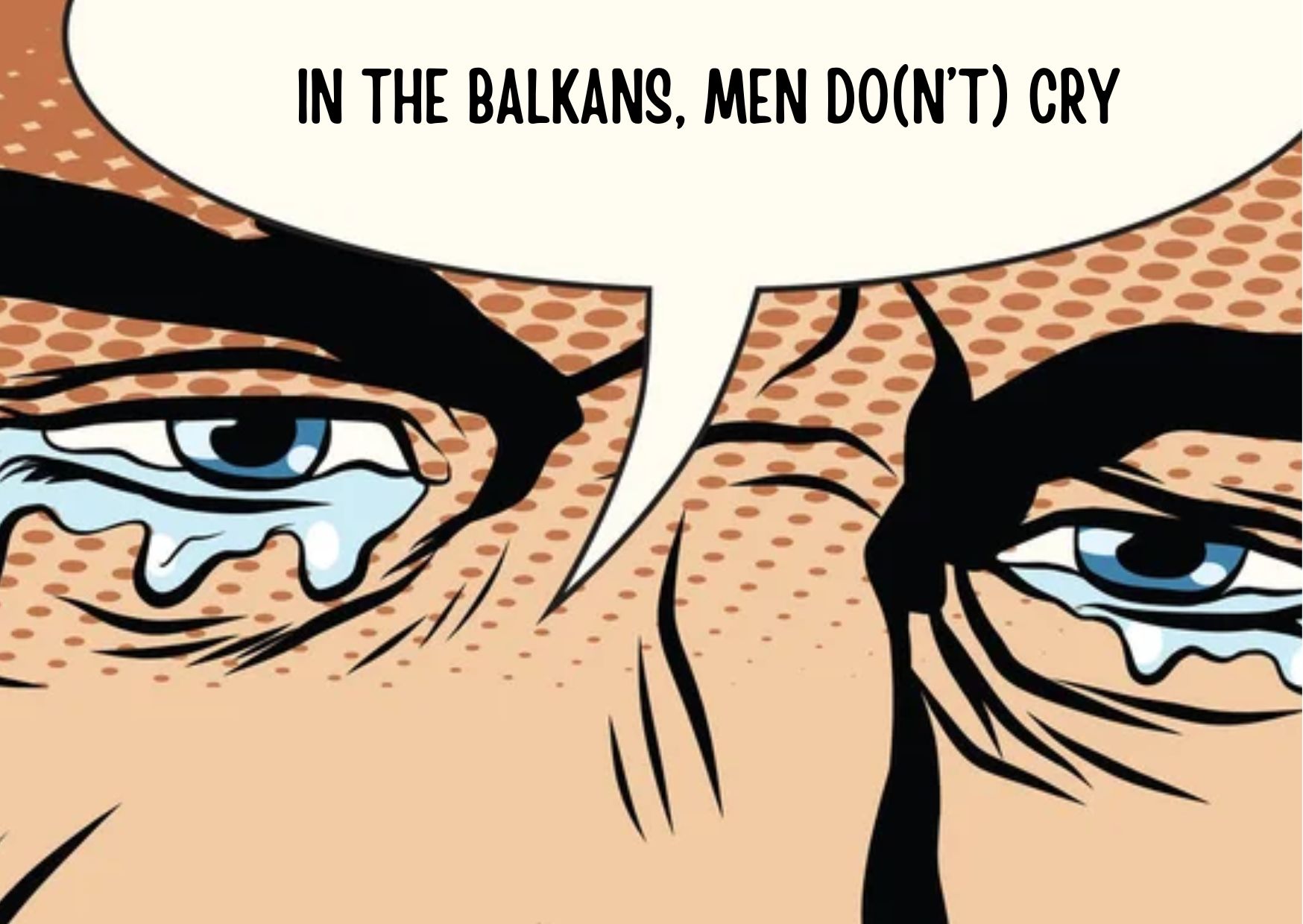This July 2021, after more than a year into the Covid-19 pandemic, EXIT festival brought back the festival summer to Novi Sad, Serbia, being the first major music event to take place in Europe since the pandemic began. During four festival nights, over 180.000 visitors from around the globe passed through the festival gates, and finally got the opportunity to dance together at the Petrovaradin Fortress. However, the festival’s reality is now slightly different than before.
Along with United Festivals of Serbia, EXIT received consent from the Crisis Response Team less than a month before the event, under the conditions outlined in the “Safe events Serbia” safety protocol. Entry to the festival was strictly controlled and limited to those who are vaccinated, have antibodies or a negative test, and the statistics have shown that there were less than a dozen positive cases from approximately 18.000 tests done at the festival’s pre-entry test zone.
According to the research conducted during and after the festival by the Health Center of Novi Sad, there was no notable increase of the Covid-19 cases since EXIT took place. The results have shown only one COVID-positive case out of 345 people who were a part of the research, and none was positive when the tests were repeated seven days after the festival had ended. EXIT festival’s PR representative Ms Milica Dragomirović highlights the importance of this research for the entire music industry.
“This research is especially important for us, because it proves that concerts, festivals and music events are not places for mass disease spread, on contraire, they are the safest places to be and have fun at the moment. The protocol we used, “Safe events Serbia”, that was created by the United festivals of Serbia, was very strict. However, it was also highly effective, and it gave us a model thanks to which we can have safe music festivals in every coming summer or in every coming season, regardless of COVID, and that’s something that we’re very proud of,” Ms Dragomirović explained.
The festival gathered roughly 300 performers on more than 20 stages and areas throughout the site, including world-famous names like Paul Kalkbrenner, David Guetta, Robin Shulz and Sabaton, as well as the regionally acclaimed names, among which are Marko Louis, Obojeni Program, Ida Prester, Darko Rundek, Hladno Pivo and more. One of the performers at the festival, Mr Zlatko Karahodžić from the band Helem Nejse, says that the festival experience was emotional and overwhelming for both the artists and the audience.
“I was very glad to see so many people at one place, because in the last 17 months I haven’t played at any concert, haven’t been to any event and haven’t seen so many people at one place. But the music was almost not so important as was the fact that so many people have gathered and celebrated freedom and life. It was like a victory dance after 17 months of uncertainty and fear and all kinds of different emotions going on for everyone individually,” Mr Karahodžić stated.
EXIT itself has a long tradition of overcoming the crisis and bringing out the best out of tough situations. The festival was founded in 2000 as a student movement fighting for democracy and freedom in Serbia and the Balkans, and it was one of the first events that brought people from the region together after the 1990s conflicts. Celebrating the twentieth anniversary of its establishment, with a year of delay, EXIT has once again reunited visitors from around the globe, this time writing its name in history as the first festival taking place after the COVID-19 crisis.
___
This story was produced during the three-month Program for Students of Journalism in the Western Balkans within the framework of the advocacy project “A Better Region Starts with Youth” implemented by RYCO with the support of the Federal Republic of Germany. All journalists’ work is their own and the content of any given article does not represent the opinion of RYCO, and RYCO cannot guarantee the validity and the accuracy of the information that these stories contain.

-1651580184.jpg)







